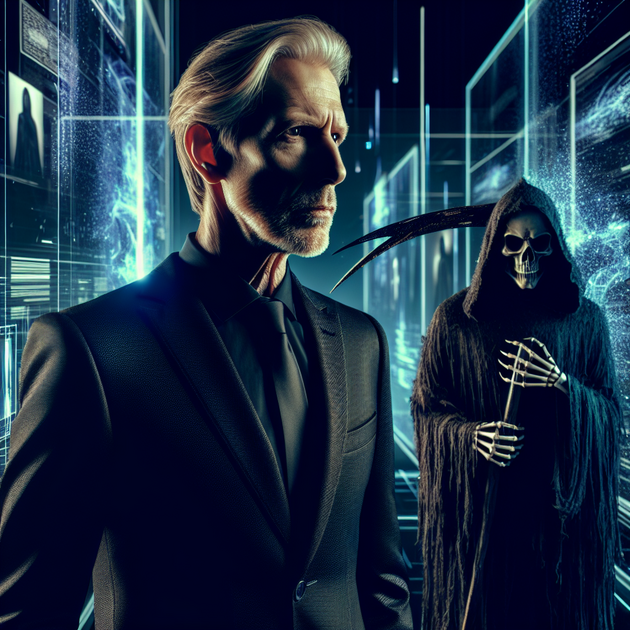What do you get when you mix a former president, artificial intelligence, and the Grim Reaper? This week, Donald Trump’s social media accounts served up an answer that had the internet buzzing: a bizarre Grim Reaper-themed AI music video that left viewers scratching their heads—and sharing it far and wide.
What Was in Trump’s Bizarre Grim Reaper-Themed AI Music Video?
The Trump AI music video popped up on his official platforms and quickly started trending across forums like Reddit and Twitter. In the clip, images of the former president are stitched together with dark, surreal visuals of the Grim Reaper—complete with ominous scythes and shadowy cloaks—set to an original song generated by artificial intelligence.
It’s not every day you see a political figure embrace such outlandish imagery or lean so heavily on cutting-edge tech like generative AI for self-promotion. The result? A mashup that feels part campaign ad, part Halloween prank.
Here’s what stood out:
- AI-generated vocals mimicking dramatic choral arrangements
- Synthesized lyrics blending campaign slogans with apocalyptic themes
- Deepfake-style visuals showing Trump facing off with the Grim Reaper
- Flashing text overlays about “fighting for America’s soul”
- A final scene that leaves viewers wondering if it’s satire or serious messaging
No matter your politics, it’s hard to deny how surreal this all felt—especially considering how new this kind of content is in the world of public figures and politicians.
Why Are Politicians Turning to AI-Generated Content?
The Trump AI music video isn’t just a one-off oddity; it’s part of a bigger trend where politicians are using technology to grab attention online. With tools like deepfakes and generative audio getting easier to use (and harder to spot!), anyone can whip up videos that once required Hollywood-level budgets.
Some reasons behind this shift:
- Viral potential: Surprising visuals go farther on social media.
- Cost-effective: No need for expensive production teams.
- Creative freedom: Politicians can test bold ideas without risk.
- Message control: Custom-made content lets them shape their public image.
With campaigns heating up and audiences hungry for fresh content, expect more personalities—on all sides—to experiment with these digital tricks.
The Internet Reacts: Confusion, Memes & Debate
Unsurprisingly, reaction to the grim reaper video was immediate—and mixed. Some called it “genius meme marketing,” while others thought it was downright creepy. Reddit threads filled up with speculation about whether this was an intentional self-parody or just an awkward attempt at being edgy.
One user joked that “the only thing missing was skeletons dancing to the Monster Mash,” while another wondered if this was “the start of full-on Black Mirror campaigns.” Meanwhile, digital artists weighed in on how surprisingly advanced some of the visuals looked for something posted so casually online.
An Anecdote from Social Media
A friend texted after seeing the clip on their feed late at night—they couldn’t decide if they’d accidentally stumbled onto a Halloween ad or if their phone was glitching out. That confusion pretty much sums up how most people seemed to feel scrolling past such an unexpected piece of political theater.
What Does This Mean for Politics & Technology?
As wild as this specific example might be, there’s no denying that we’re entering new territory where politicians use advanced tech to tell stories—or even rewrite them—in ways nobody saw coming. The Trump AI music video is just one sign that traditional campaign ads might be headed for retirement sooner than we think.
But there are also important questions worth asking:
- Who made the creative choices—the human team or the algorithm?
- How will voters know what’s real versus what’s been digitally altered?
- Could this spark more regulations around AI-generated political content?
- Might these trends backfire if audiences grow tired of gimmicks?
Right now, there are more questions than answers—but one thing’s clear: political messaging will never look (or sound) quite the same again.
So what do you think—are these kinds of videos bold innovation or just digital noise? Would you vote for someone based on their meme game?

Leave a Reply